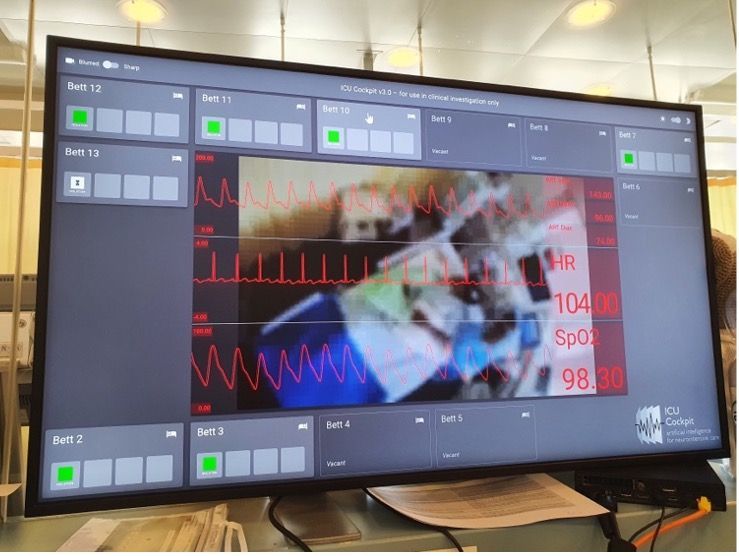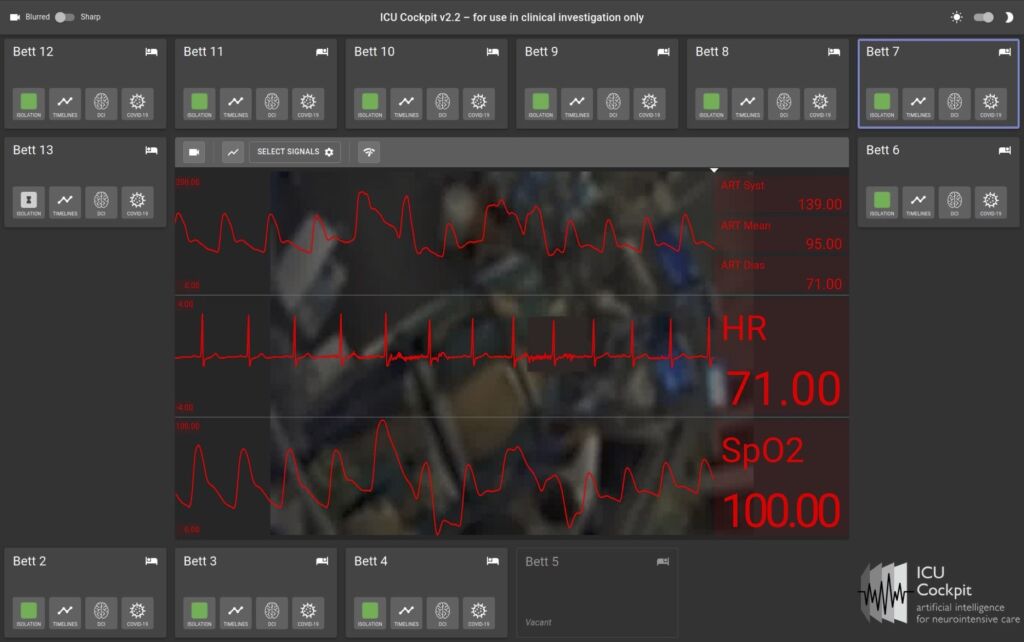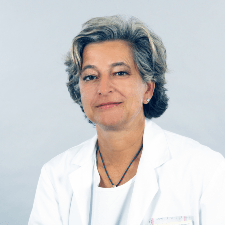Research Group Prof. Dr. Emanuela Keller
Research Focus
- Development of Predictive Models and Decision Support Systems: Our research team at the University Hospital Zurich specializes in developing advanced predictive models and decision support systems through data mining in intensive care medicine. By harnessing the power of data, we aim to enhance clinical decision-making and patient outcomes.
- Cerebral and Systemic Inflammatory Response: We are dedicated to understanding the intricate cerebral and systemic inflammatory responses, particularly in the context of secondary brain injuries following subarachnoid hemorrhage. Our focus includes the exploration of innovative treatment strategies to mitigate these injuries and improve patient recovery.
- Advancements in Cerebral Hemodynamics and Oxygenation Estimation: Our team is at the forefront of developing novel methodologies for estimating cerebral hemodynamics and oxygenation. Using optical spectroscopy, we strive to provide new insights into these critical parameters, contributing to a deeper understanding of brain health.
ICU Cockpit IT-Infrastructure
Our data-driven research is made possible by the ICU Cockpit IT infrastructure, which allows for the collection, processing and storage of high-resolution medical data captured from medical devices at the patient’s bed side as well as from hospital services. The ICU Cockpit promotes a vertically integrated research approach that begins with clinician-initiated use cases and ends with the integration of clinical support tools into a live environment for silent validation and subsequent clinical testing. The scope of the ICU Cockpit will hopefully grow beyond the Neurosurgical Intensive Care Unit and become a hospital wide tool for research data collection. To this end, we are excited to start testing our data collector for capturing data from the Capsule Technologies server.
Associated Members
- Yannick Suter, wissenschaftlicher Mitarbeiter, E-Mail: Yannick.Suter@usz.ch
- Una Pale, wissenschaftliche Mitarbeiterin, E-Mail: una.pale@usz.ch
- Sasa Markovic, Software-Entwickler, E-Mail: Sasa.markovic@usz.ch
Publications
- Keller E, Brandi G, Winklhofer S, Imbach LL, Kirschenbaum D, Frontzek K, Steiger P, Dietler S, Haeberlin M, Willms J, Porta F, Waeckerlin A, Huber M, Abela IA, Lutterotti A, Stippich C, Globas C, Varga Z, Jelcic I (2020) Large and small cerebral vessel involvement in severe COVID-19: detailed clinical workup of a case series. Stroke, 51(12):3719-22
- Narula G, Haeberlin M, Balsiger J, Strässle C, Imbach LL, Keller E (2021) Detection of EEG burst-suppression in neurocritical care patients using an unsupervised machine learning algorithm. Clin Neurophysiol. 132(10):2485-2492. doi: 10.1016/j.clinph.2021.07.018.
- Boss JM, Narual G, Straessle C, Willms J, Azzati J, Brodbeck D, Luethy R, Suter S, Buehler C, Muroi C, Mack DJ, Bauman D, Keller E (2022) ICU Cockpit: a platform for collecting multimodal waveform data, AI-based computational disease modeling and real-time decision support in the intensive care unit, Journal of the American Medical Informatics Association, https://doi.org/10.1093/jamia/ocac064
- Boss J, Willms J, Bühler PK, Ganter C, David S, Steiger P, Brandi G, Seric M, Baumann D, Keller E (2022) Screening for Incidental Sars-Cov-2 Infection in a Neurocritical Care Unit: A Longitudinal Diagnostic Prediction Model. A Epidemiol Public Health. 2022; 5(2): 1094.
- Bienefeld N, Lüthy R, Brodbeck D, Boss J, Willms J, Azzati J, Blaser M, Keller E (2023) Solving the explainable AI Conundrum: how to bridge the gap between clinicians needs and developers goals. NPJ Digit Med. 6(1):94
https://doi.org/10.1038/s41746-023-00837-4
Funding
The ongoing research projects are financed by the Swiss National Science Foundation (SNSF), Innosuisse and third-party funds from the Theodor and Ida Herzog-Egli, Gebert Rüf, Helmut Horten Foundations.










